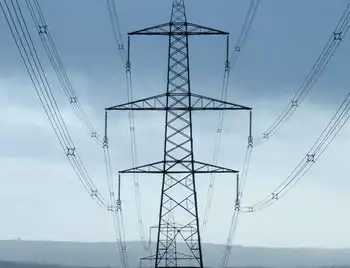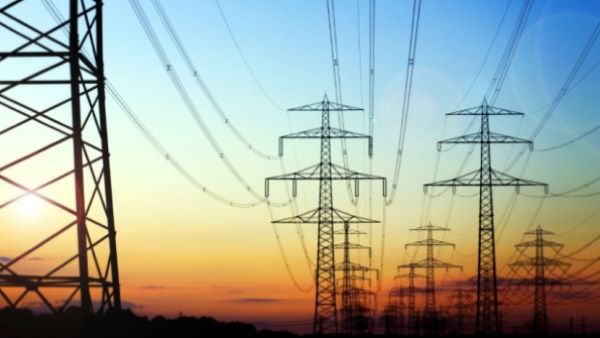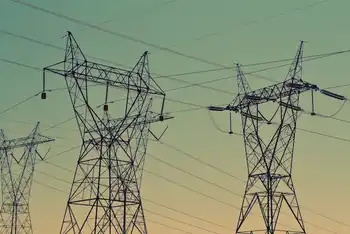Do CFLÂ’s increase greenhouse gases?
The report suggested that the energy savings associated with the bulbs — which use far less electricity than their incandescent predecessors — may be offset by higher heating bills, and more greenhouse emissions.
CBC News has found that in some cases compact fluorescent bulbs (CFLÂ’s) can have the adverse effect of increasing greenhouse gas emissions, depending on how consumers heat their homes.
Physics professor Peter Blunden at the University of Manitoba said CFL bulbs are certainly more energy efficient than older incandescent bulbs.
But in cold-weather climates such as CanadaÂ’s, Blunden said older incandescent bulbs do more than just light our homes. During the long winter months, they also generate heat. The new CFL bulbs, on the other hand, produce minimal heat so the loss has to be made up by fossil-fuel burning gas, oil or wood to heat your home.
“To some extent, the case (in favor of CFL's) has been oversold” because of the offset in higher heating costs, he said.
This curious side-effect of the efficient bulb received official acknowledgment in a recent filing by B.C. Hydro, the third largest utility in Canada, before the British Columbia Utilities Commission, which regulates energy rates.
From The Vancouver Sun two weeks ago:
The issue came up in a utilities commission hearingÂ… when the Independent Power Producers association of B.C. asked Hydro about the impact of plans by the provincial and federal governments to tighten regulations concerning the energy efficiency of lighting.
By 2017, Hydro said, it anticipates efficient lighting could annually save 480 gigawatt hours of electricity.
However, Hydro also states that lighting regulations “will increase GHG emissions in Hydro’s service territory by 45,000 tons due to cross effects” of a switch to cool-burning bulbs.
Environmental groups have been quick to dismiss the findings as absurd:
“It’s not a real-world number — it’s a statistician’s number, of relevance only for bookkeeping,” Guy Duncey, the president of the British Columbia Sustainable Energy Association, told The Sun.
“Whenever someone installs efficient bulbs, BC Hydro needs to import less dirty power, resulting in reduced GHGs, the overall effect of which should be far greater than the possible slight increase in GHGs from the loss of the heat from the inefficient bulbs in oil or gas-heated homes.”
Related News

BNEF Report: Wind and Solar Will Provide 50% of Electricity in 2050
LONDON - In a report that examines the ways in which renewable energy demand is expected to increase, Bloomberg New Energy Finance (BNEF) finds that “aggressive decarbonization” will be required beyond 2030 to meet the temperature goals of the Paris Agreement on climate change.
Focusing on electricity, BNEF’s 2019 New Energy Outlook (NEO) predicts a 62% increase in global power demand, leading to global generating capacity tripling between now and 2050, when wind and solar are expected to make up almost 50% of world electricity due to decreasing costs.
The report concludes that coal will collapse everywhere except Asia, and, by 2032,…




